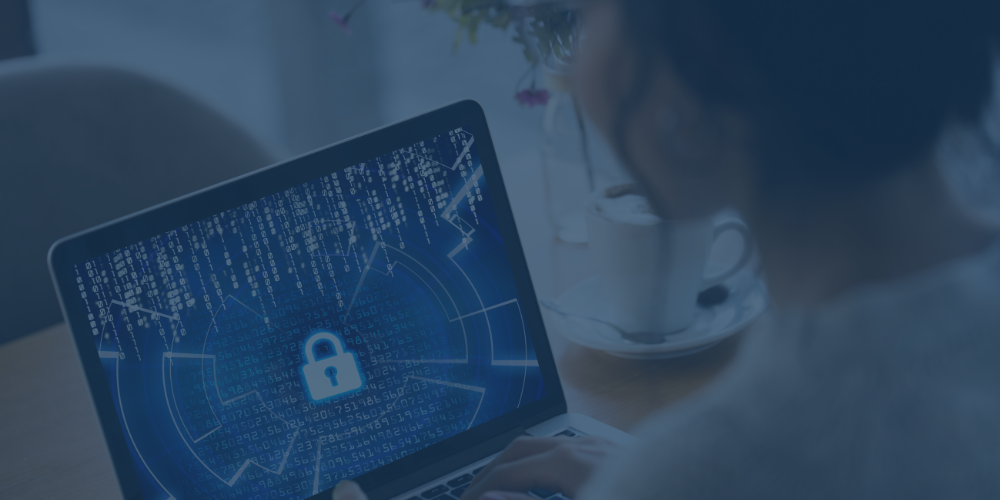In part two of our cyber safety series, we explore the personal side of information security. What happens when your job follows you home?
Here’s our ultimate list to avoid getting compromised when you bring the office home with you:
- Use a personal password manager. In addition to minimizing the risk of using weak or repetitive passwords across different sites, most password managers allow you to sync your passwords across multiple devices, speeding up access.
- Limit repetitive use of personal account names and regularly clean up your online presence.
- Be wary of phishing scams. Always check that emails containing links or requesting sensitive information (such as business account login credentials) come from a reliable source.
- Do not allow family members or friends to use your corporate-issued devices. Keep your devices locked when not in use, including personal devices with access to any business-related data, systems, or networks.
- Treat your personal email as your lifeline and protect it with MFA and unique passwords. Only share access to this email address with trusted devices.
- Protect your family’s home devices by running updates on all endpoints connected to your home network, including laptops, computers, routers, and printers.
In part three of our cyber safe series, we’ll discuss how to incorporate your data privacy policies while on the go — and don’t forget to check out part one of our series for corporate best practices.
This blog is part of our Cyber Safe Series during Cybersecurity Awareness Month. Safeguarding your reputation and assets beyond the office is one challenge, but how do you communicate the value of your program to executives?
This October 30, at 11:00 AM ET, join Simon Eyre, our CISO as he interviews our Head of Cloud Engineering and Cybersecurity for our master class: From Tech Talk to Board Talk: Mastering the Cyber Program Executive Briefing.




